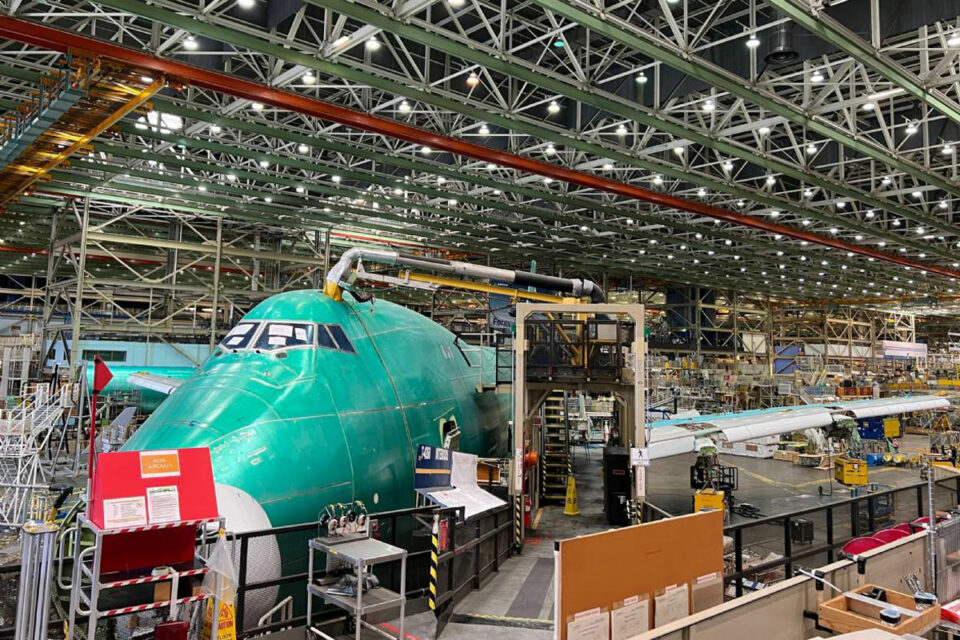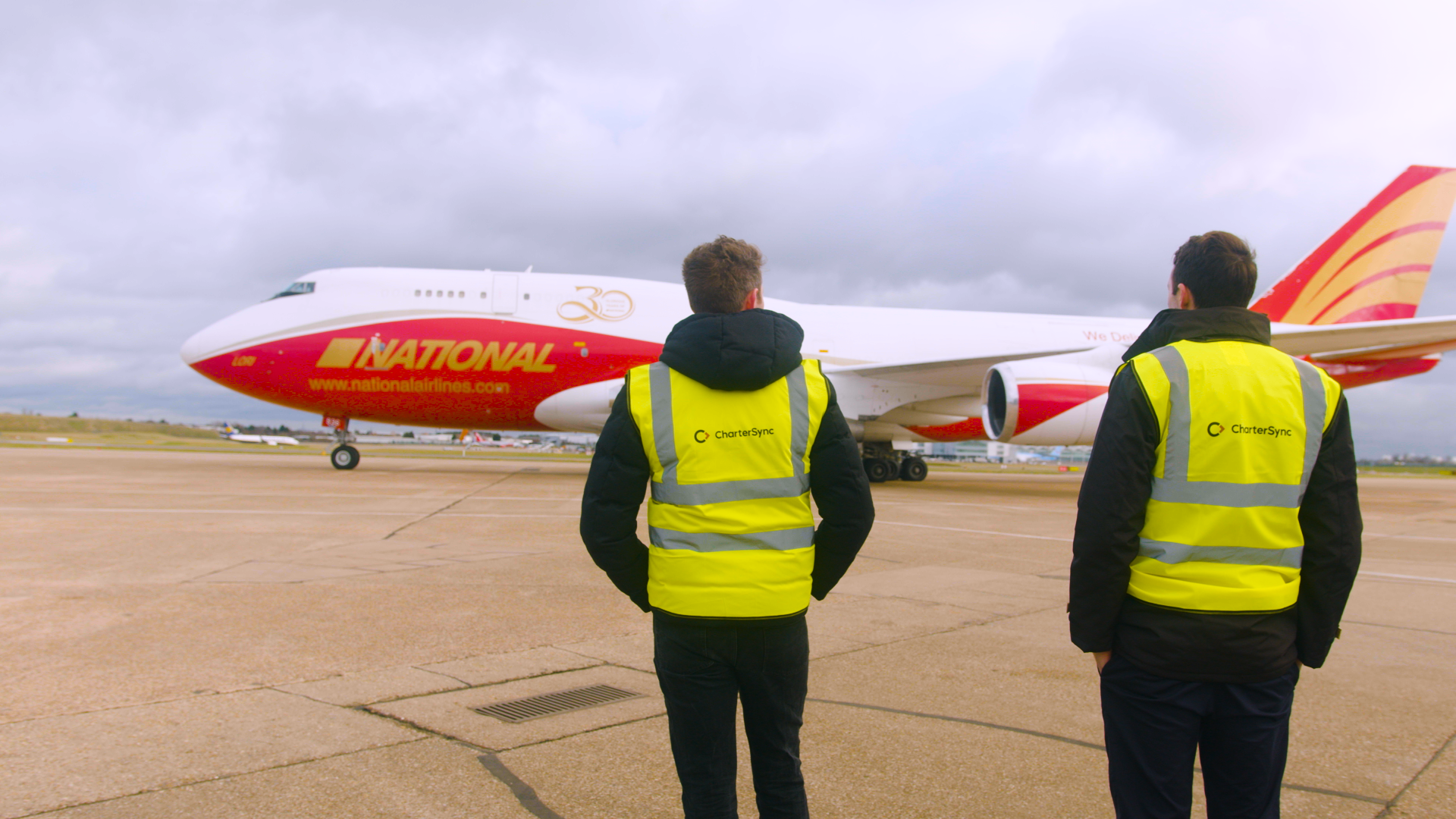After more than half a century, the last Boeing 747 (often dubbed ‘The Queen of the Skies’) rolled out of the assembly line in Everett, Washington on Tuesday 6th December 2022. The aircraft was the 1,574th 747 to be made and will be first flown by Boeing test pilots before being handed over to cargo carrier Atlas Air in January 2023.
Inside of this last 747 aircraft, tails with logos of customers who have brought the 747 over the last 50 years line part of one of the doors, signifying the reign of the monumental Queen of the Skies.

Over recent years, the B747 has been phased out due to more fuel-efficient aircraft coming to the market, including Boeing’s own 777’s and the 787 Dreamliner, and many airlines including United, Qantas, British Airways and Delta have retired their 747’s for passenger travel, instead selling them or converting them to cargo jets, as more efficient and sustainable aircraft came into the market.
The hump-backed aircraft is one of the most recognisable and known is the world, and has aided in making international travel more accessible since its first flight in January 1970, as it was one of the first to carry hundreds of passengers for long-haul flights. It became the world’s first mass-produced widebody civil aviation aircraft, and also held the record the the world’s highest passenger capacity aircraft for 37 years.
The 747 is a favourite in the air cargo industry and has helped to make air cargo a preferred method of transport by enabling companies to meet more demanding needs, giving them the ability to ship everything from cars to clothing to electronic devices, to long-haul distances. It is a go-to aircraft for air cargo charter due to its capacity and availability, and since the COVID-19 pandemic hit in 2020, B474 usage has risen globally.
With the ability to transport payloads of around 120 tonnes and a flight range of around 13 hours, the B747 design also allows for both nose-loading and side-loading, including a mechanised cargo handling system.
The domination of the Boeing 747 is apparent, with the pandemic having further increased this. In March 2020, an estimated 281 747Fs were recorded to be flying. By December 2020, that had risen to over 300.

At CharterSync, we regularly use B747s, typically for charters going longer distances. During the COVID-19 pandemic, we utilised this aircraft, along with B777s and Airbus A330s and Airbus A321s, to transport critical medical supplies and test kits from China to the UK, including a special-livered 747 from National Airlines for their 30th Anniversary.
While this is the end of production for the Boeing 747 aircraft, it doesn’t mean they will disappear from our skies. Many commercial and cargo airlines are still actively operating them, including Korean Air, Lufthansa, Atlas Air, Cathay Pacific Cargo and UPS, and are expected to keep operating them for years to come.
If you’re interested in learning more about how CharterSync can help you, get in touch!
Our friendly, world-class sales and operations team are on hand 24/7 to offer round-the-clock support.

